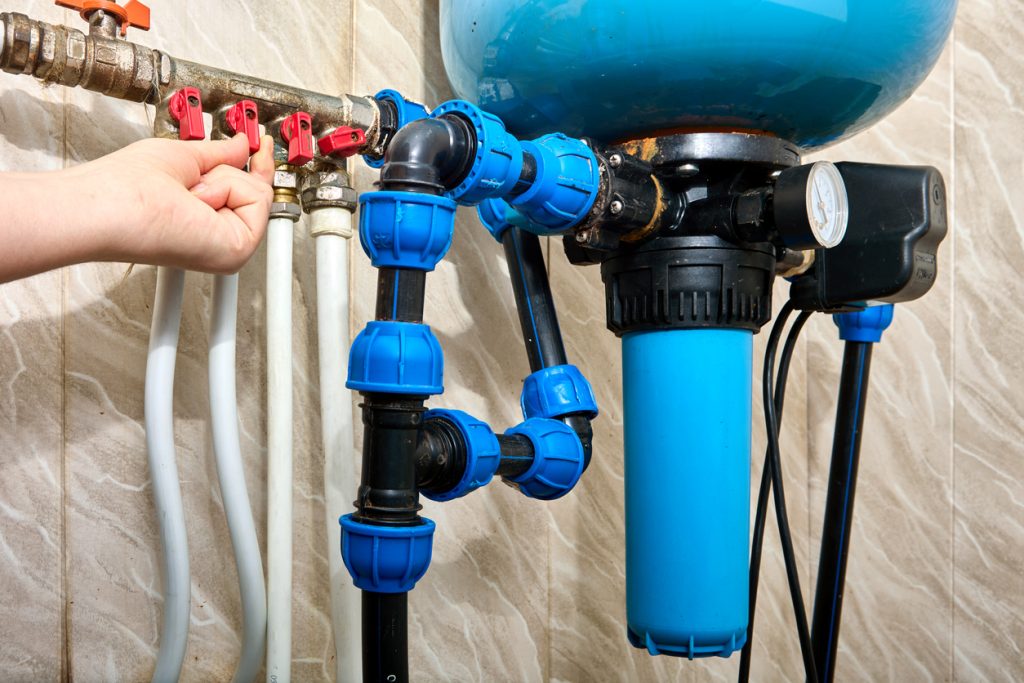In the realm of water safety, chlorination stands as a paramount practice, serving as a robust barrier against the spread of harmful pathogens and ensuring the potability of water systems. However, the worth of this disinfection process must be meticulously documented and validated, giving rise to the critical importance of chlorination certificates.

Contact Us
Chlorination Certificates: A Regulatory Mandate
In the United Kingdom, the issuance of chlorination certificates is not merely a procedural formality but a legal obligation enshrined in the Water Supply (Water Quality) Regulations 2016. These certificates serve as a definitive record, attesting to the successful execution of the chlorination process within a water system.
A chlorination certificate captures a wealth of crucial information, including the date of chlorination, the concentration of chlorine employed, the contact time, and other pertinent details. Its fundamental purpose is to validate that the water system has been comprehensively disinfected, aligning with the stringent safety standards mandated by UK regulations.
Beyond mere compliance, chlorination certificates play a pivotal role in the preservation of water hygiene and public health. Without this critical documentation, a myriad of consequences could ensue, including project delays, potential outbreaks of water-borne illnesses, and substantial financial penalties.
Navigating the Regulatory Landscape
In the UK, the practice of water chlorination is governed by a robust legal framework designed to ensure that all public water supplies meet the highest standards of potability. The Water Supply (Water Quality) Regulations 2016 are comprehensive in scope, setting forth a series of rigorous guidelines that dictate the quality of water and the methods by which it must be chlorinated.
These regulations are not mere recommendations but enforceable standards that must be adhered to by water suppliers and professionals involved in water system maintenance. Consultation with authoritative bodies such as the Drinking Water Inspectorate (DWI) and the Water Regulations Advisory Scheme (WRAS) is crucial for understanding and adhering to the legal mandates surrounding chlorination and the issuance of chlorination certificates.
Chlorination of New Pipework: A Proactive Measure
For new pipework installations, chlorination prior to commissioning is a compulsory measure to eliminate any potential contaminants introduced during the installation process. This proactive step ensures the safety of the water for consumers and aligns with industry standards such as BS8558 and BS EN 806, which provide comprehensive guidelines for maintaining drinking water quality.
The specifics of chlorinating new pipework may vary depending on local regulations and industry standards, underscoring the importance of adherence to prescribed protocols and best practices.
Expertise and Training in Chlorination Certification
Professionals responsible for the chlorination of water systems must possess a deep understanding of the process, backed by rigorous training and certification. Our team of highly trained professionals is well-versed in the latest chlorination techniques and adheres to standards such as BS 8558:2015 and HSE ACOP L8 & Technical Guidance HSG 274.
Our commitment to excellence is reflected in our approach to optimising chlorination while minimising the formation of disinfection by-products (DBPs), ensuring the utmost safety and quality of the treated water.
Staying Ahead of Regulatory Updates
In the dynamic landscape of water chlorination and chlorination certificates, staying abreast of regulatory updates is paramount for maintaining compliance and safeguarding public health. In the UK, recent amendments to chemical regulations, such as the REACH (Amendment) Regulations 2023, underscore the ongoing vigilance required in the management of substances used in chlorination processes.
These amendments introduce new compliance check requirements for registration dossiers of substances revised by the Health and Safety Executive (HSE), establishing specific deadlines for information submission related to the registration of substances. While these regulations primarily concern the registration, evaluation, authorisation, and restriction of chemicals, they serve as a reminder of the ever-evolving regulatory environment in which water treatment professionals operate.
